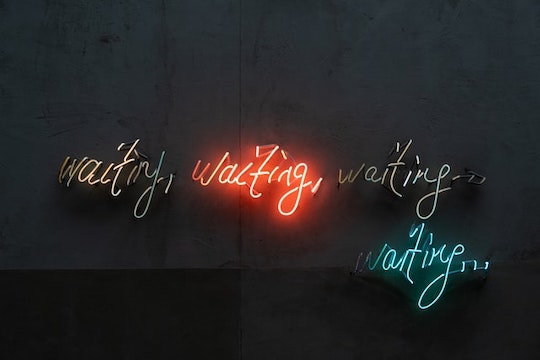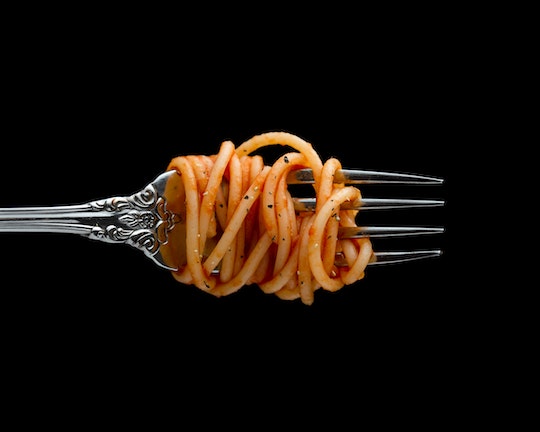Switch up your stress story.
—Calm App Reflection
To what degree do you feel like you are at a breaking point? Where are the levels of personal and professional stress having a negative impact on your physical and mental health?
I recently visited the Corning Museum of Glass in Corning, New York. Of particular interest was a glass breaking exhibition in which various types of glass were put to the test. Over the years of use and development of this miraculous material, engineers and scientists have come up with numerous processes to make glass far stronger and resistant to breakage.
EXERCISE:
Where are you being tempered and heat treated through various life experiences? How can you view these events and the stories you tell about them as opportunities for greater growth and resilience?














